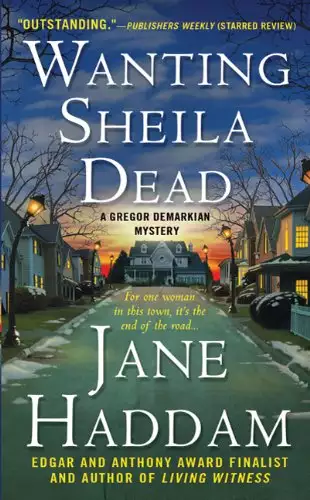1
We hope you are enjoying the book so far. To continue reading...
Wanting Sheila Dead
Jane Haddam
Copyright © 2026 All Rights Reserved
Close
